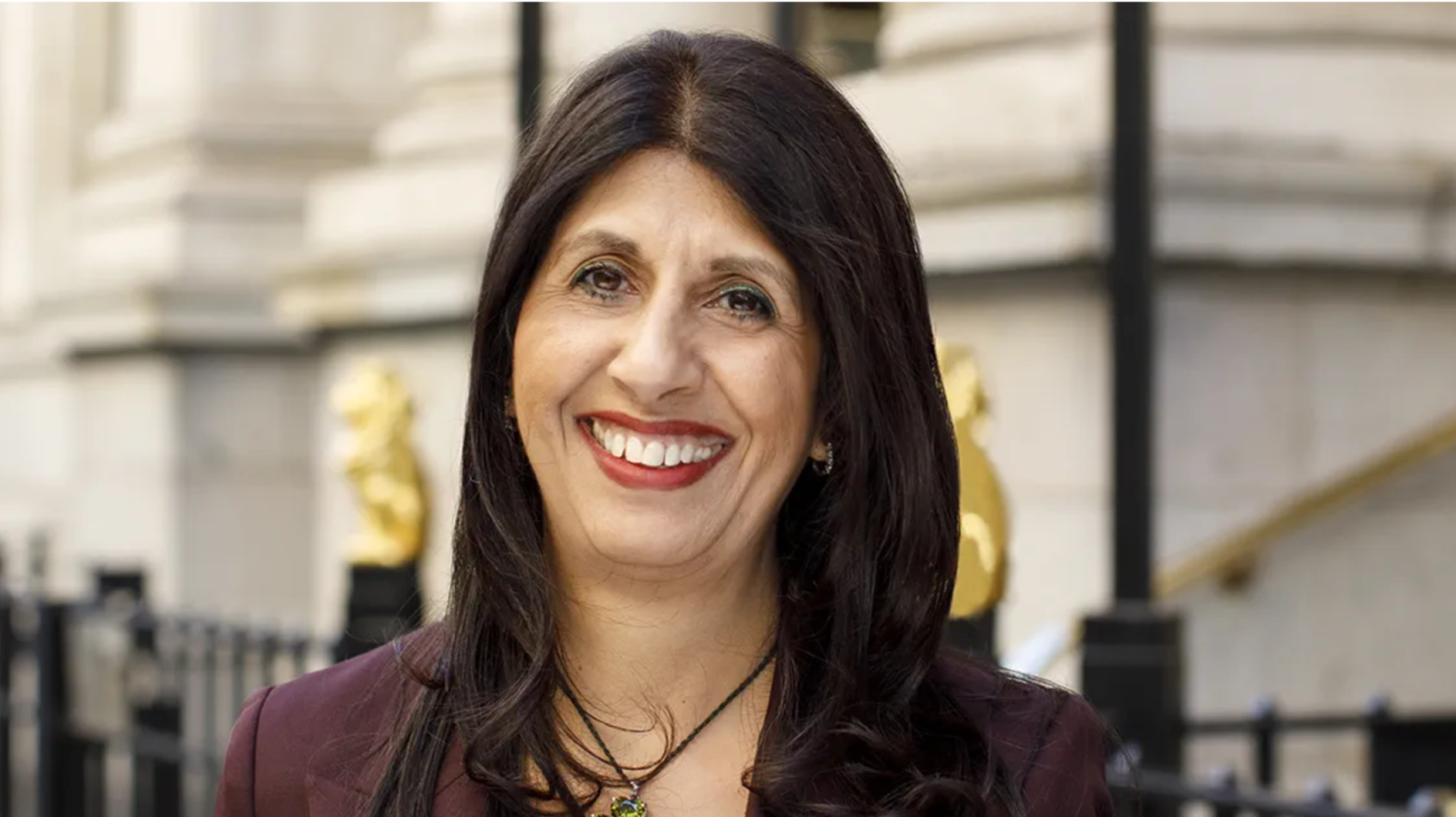
THE HEADS of the Bar Council and the Law Society of England and Wales have pledged to better understand the experiences of LGBTQ+ lawyers and how they can encourage greater inclusivity in the workplace as Pride Month begins.
Nick Vineall, head of the Bar Council, said: “Like all lawyers, LGBTQ+ lawyers play an important role in upholding the rule of law, helping shape the justice system and fighting for their clients’ rights. However, we know the fight is not over, and LGBTQ+ lawyers’ experiences must be improved.
“We will continue to understand the experiences of LGBTQ+ lawyers better and work in partnership to remove barriers to inclusion.”
Lubna Shuja, president of the Law Society of England and Wales mentioned that solicitors and barristers would march together at London Pride on July 1.
“This year, we will be marching under a banner that says: ‘Fighting for equality under the rule of law’. We are proud to carry this message and will do so throughout this year and beyond,” she said.
The news comes as the Law Society revealed statistics from its 2022 practising certificate survey of over 2,000 lawyers, revealing that 80 percent of LGBTQ+ lawyers felt supported by their colleagues and 78 per cent thought their profession was important.
Seven in ten (69 per cent) LGBTQ+ lawyers felt comfortable expressing themselves at work, and seven in ten (70 per cent) felt encouraged by their line manager, with eight in ten (80%) believing their employment exploited their talents.
Career growth, on the other hand, was an area for improvement, with only six in ten respondents believing their positions offered good opportunities for advancement.
Furthermore, less than half of LGBTQ+ respondents said their bosses included them in decision-making.
Four per cent of poll respondents identified as homosexual, 3 per cent as bisexual, and 8 per cent did not reply, with the remaining 80 per cent identifying as straight.
In the 2021 UK census, 3.2 per cent of respondents identified as gay, lesbian, bisexual, or other orientations: 1.5 per cent as gay or lesbian, 1.3 per cent as bisexual, and 0.5 per cent as having a gender identification other than their birth sex.
Despite improvements Shuja stated that there was still work to be done: “We know that solicitors entering the profession may need to decide whether to come out or identify as trans or non-binary in the workplace and with clients.”
She added: “We continue to support our LGBTQ+ members and advocate for inclusive workplaces where our LGBTQ+ colleagues can be their authentic selves at work.”
Shuja, who is the first Asian and the first Muslim woman to become president, concluded: “We will continue to speak with our LGBTQ+ members about their experiences and support them in their careers. No one should be discriminated against for being themselves.”